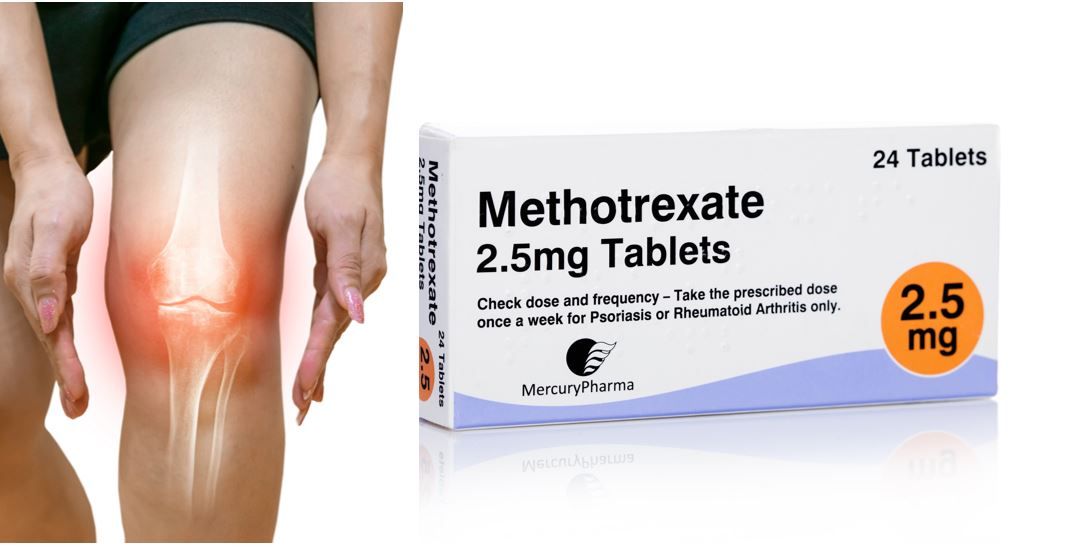Article
Methotrexate Reduces Knee Inflammation in Primary Knee Osteoarthritis
Methotrexate can reduce inflammation and improve function in knees with osteoarthritis (OA), researchers report.
(©SomponTomm,AdobeStock), (©AdobeStock_355668262)

Methotrexate can reduce inflammation and improve function in knees with osteoarthritis, researchers report.
“We should look for inflammation in symptomatic primary knee osteoarthritis patients, and, if found, we should treat it by ant-inflammatory agents,” said Biswadip Ghosh, M.D., an associate professor in the Department of Rheumatology, at the Institute of Post Graduate Medical Education and Research in Kolkata, India.
He presented the finding at the annual meeting of the American College of Rheumatology on Sunday.
Inflammation is a major cause of pain and loss of joint function in patients with primary knee osteoarthritis. There are no widely accepted drug therapies for the condition.
Dr. Ghosh and his colleagues wanted to see if oral methotrexate might help treat this condition, so they recruited 249 patients with radiographic evidence of osteoarthritis and swelling and pain in both joints for at least six months.
This population excluded anyone who had inflammatory arthritis, secondary or advanced osteoarthritis, had undergone arthroscopy, had received intra-articular steroid injections in the preceding three months, or had uncontrolled diabetes, gout, renal diseases, or hepatic diseases.
From this group, they identified 172 patients who had increasing erythrocyte sedimentation (ESR) or c-reactive protein rates. Of these, 137 completed the study.
The researchers randomly assigned 78 of the patients to take 15-20 mg/week of oral methotrexate, and 59 patients to take 1,500 mg/day of glucosamine as a placebo.
To improve study compliance, the researchers allowed patients to take tramadol or acetaminophen for pain and prescribed all patients nonsteroidal anti-inflammatory drugs (NSAIDs) for 7-10 days at the beginning of the study.
After three months, the patients taking methotrexate improved while those taking glucosamine did not.
The erythrocyte sedimentation rate (ESR) of the patients taking methotrexate was 35 versus 43 for the patients taking glucosamine. C-reactive protein (CRP) was non-reactive in the methotrexate group and reactive in the glucosamine group. The Western Ontario and McMaster Universities Osteoarthritis Index (WOMAC) score was 38 in the methotrexate group and 43 in the glucosamine group.
Dr. Ghosh advised clinicians to treat inflammation in their osteoarthritis patients. “Methotrexate may be considered in such patients if conventional treatments fail,” he said.
_________________
REFERENCE
ABSTRACT: 1648. “Comparison of Methotrexate and Glucosamine in Primary Knee Osteoarthritis with Inflammation.” The annual meeting of the American College of Rheumatology. 6:00 AM Monday, Nov. 9, 2020.




